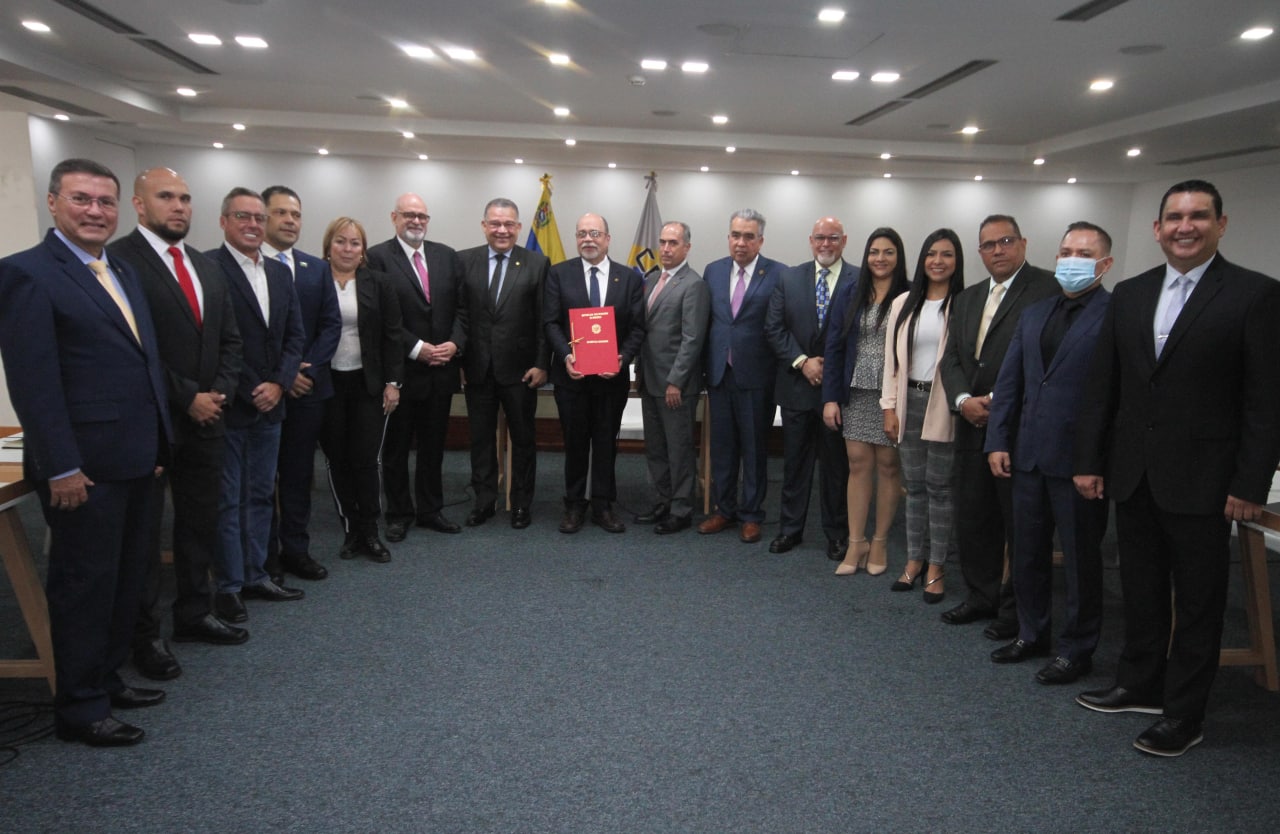More than two thirds of the world’s adults, including Uruguay, were infected before the age of 40 with a virus that is still hosted in their bodies. A virus whose long name —of fifteen letters and in which each vowel is preceded and succeeded by a consonant— says little for most people, who in the worst case will have had a slight fever for a couple of weeks and their spleen will have barely swelled. But the cytomegalovirus is synonymous with concern among immunosuppressed patients and, especially, transplant recipients: it is the major cause of infectious diseases. Much more if one takes into account that, in some of these compromised patients, the best-known antivirals have no effect and the small pathogen becomes resistant.
But Clinical Laboratory Department of the Hospital de Clínicas has just said “Eureka!” and take a “giant step” in improving treatment for patients most compromised by this virus. Through the acquisition of new technology, the Uruguayan researchers achieved the complete sequencing of the virus from 19 samples from patients who had tested positive for cytomegalovirus infection, and verified that a series of mutations made the virus resistant to the most common antivirals.
Specific: 11 of the 19 samples tested—all from patients with disease and weakened immune systems in the past two years—were resistant to ganciclovir, one of the most commonly used antivirals for the treatment of cytomegalovirus infections. Four samples, in turn, were resistant to another range of antiviral drugs. And, within the samples that were resistant, they found seven mutations that explained this ability to evade treatment.
“This advance, which is the first time it has been achieved in Uruguay, allows us to choose the best treatment for each patient,” explains Professor Raquel Ballesté, director of the Laboratory and one of the seven authors of the investigation. It happens that when faced with a patient who has a serious infection, it can be diagnosed if the responsible virus is the cytomegalovirus, and then it is feasible to sequence to find out the mutations and their resistance to antivirals… that is, it makes it possible to guess with the highest precision which treatment to follow.” .
Cytomegalovirus is usually latent in the human body. Almost most contract it in childhood or adolescence. But when a transplant recipient receives a solid organ, that virus may be reactivated (because the patient is given immunosuppressants as long as he doesn’t reject the implanted tissue), or he may become infected for the first time because it was transmitted to him by the donor who almost certainly once contracted it. the virus. Then the complications begin.
Between 30% and 80% of solid organ transplant recipients who infect or reactivate the infection with cytomegalovirus have some type of potentially serious disease. Professor of Infectious Diseases, Julio Medina, explains that “cytomegalovirus generates many effects beyond direct damage to the organs (encephalitis or hepatitis, among other infections), because it further immunosuppresses the patient and makes them more susceptible to infections.” with bacteria, with fungi, it increases the chances of vascular diseases and the rejection of the transplanted organ”. Some of these patients, although they are the fewest, die.
In this sense, the study of resistance to antivirals is of special importance in patients with “low defenses”, in those who are admitted to intensive care units, in those who lack the spleen (organ that filters blood and produces lymphocytes), and those of inflammatory bowel diseases. But also in newborns.
Since the virus is latent in most mothers, there are cases of vertical transmission that make cytomegalovirus the most common infectious cause of birth defects in developed countries.
That is why, in the poster for the diffusion of the research of the Hospital de Clínicas, it is concluded: “The search for mutations associated with antiviral drug resistance against cytomegalovirus is becoming increasingly important in drug selectionespecially in countries like ours where the supply of drugs is scarce”.







